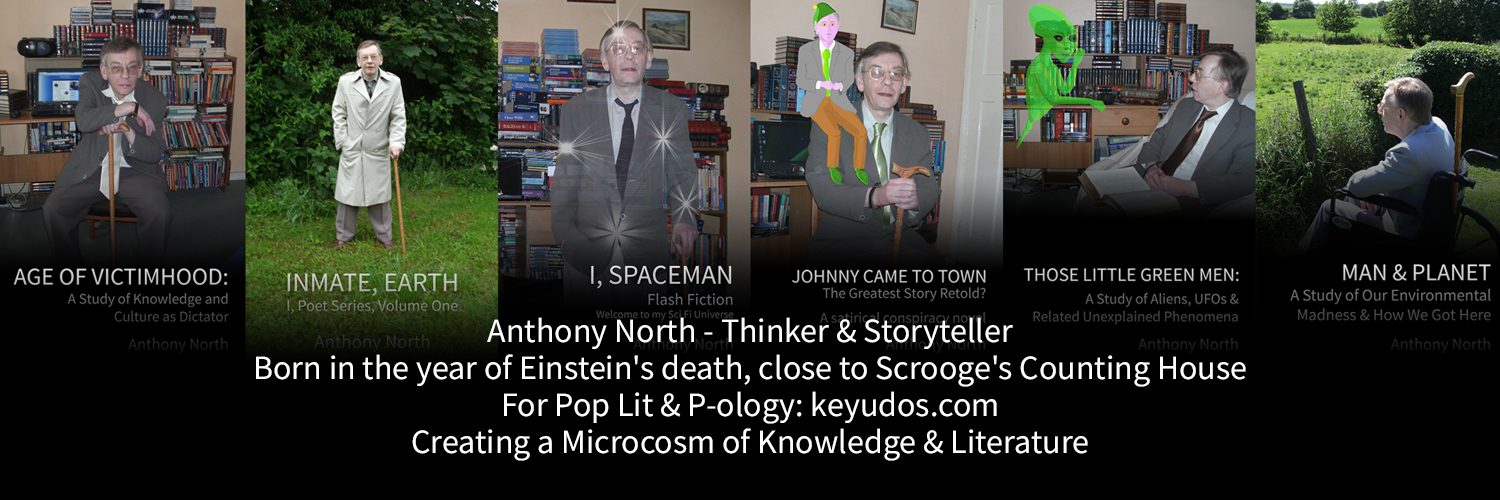
Science is great. I love science. It confirms us as brilliant thinking beings. But there are many problems with science. It has been so successful that for too many people it is the only system that counts. Unfortunately, single systems are always wrong.
Typically, it holds little moral guidance. Further, our knowledge is always reflected in how society thinks of itself. Science confirms a universe that is chaotic, fragmented and without meaning. So society behaves as if it is too. Knowledge should be balanced by a belief, as used to be provided by religion. But belief can only be superstition in the modern world.
 SCIENCE OR VALIDATION?
SCIENCE OR VALIDATION?
This, too, holds a problem for science. It is so fundamental a means of knowledge, banishing the idea of belief, that nothing can ‘be’ unless science can measure it. Thus, unknown dangers could exist because science has not yet caught up with nature. But these dangers are ignored in a process I call ‘anti-superstition’.
Most of science is not actually science, but validation. There have been very few true scientists – people who have moved forward our knowledge in a paradigm-shifting way. These scientists were rebels at odds with the established view. This confirms that the validators who follow are actually guardians of old knowledge.
 HYPOTHESIS JUNKIES
HYPOTHESIS JUNKIES
Science is also choosy about what is valid data. Without a hypothesis with which to sieve data, data seems chaotic. It can only become ordered once a hypothesis is made. Yet if the established view is more a guardian and validator of old knowledge, hypotheses will reflect this and be dictatorial in nature, locking out contrary data from analysis.
Surviving hypotheses eventually become theories within which data gives a probability of correctness. This becomes scientific truth, but too often the ‘probability’ factor is not understood by the public. This leads to a feedback loop of consensus reality.
CONSENSUS REALITY
Because the world clearly offers evidence of action, the idea grows that the theory answers how that action occurs, and ‘reality’ becomes a mind model as opposed to a definite.
Of course, this process cannot be proved to occur, but neither can it be disproved, as evidence would be identical whether it was true or false. Yet the simple possibility should be enough to demand a little more humility from science.
